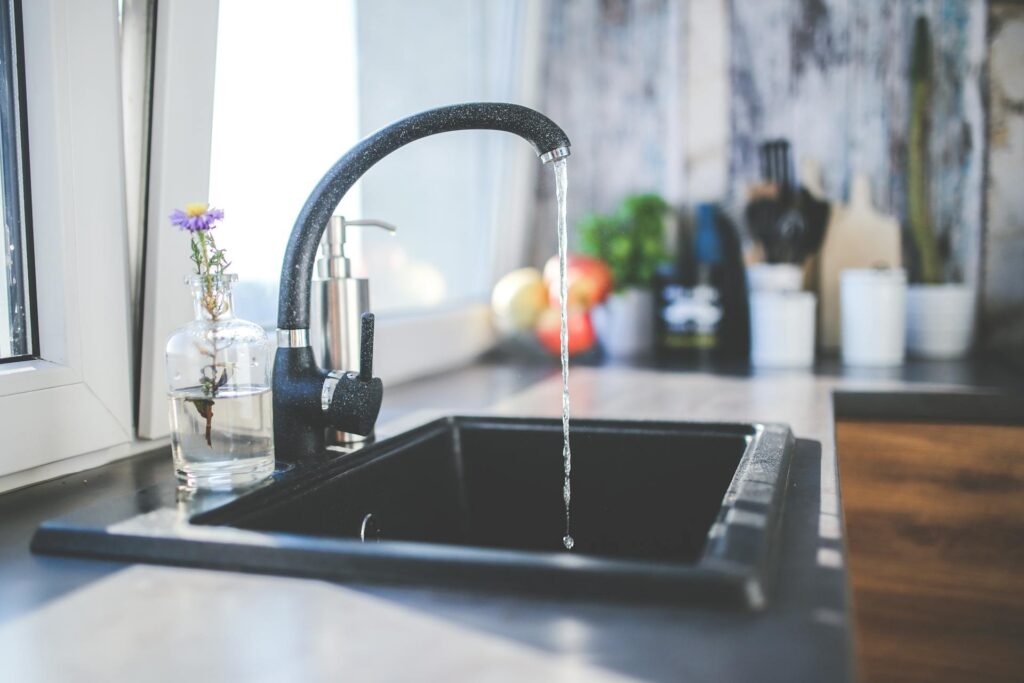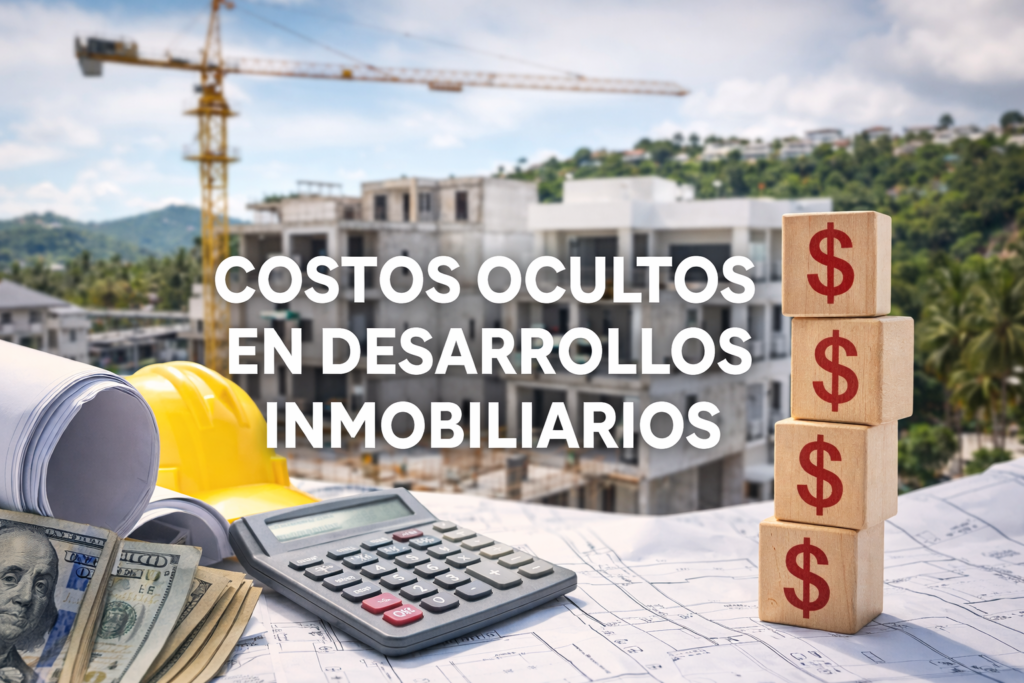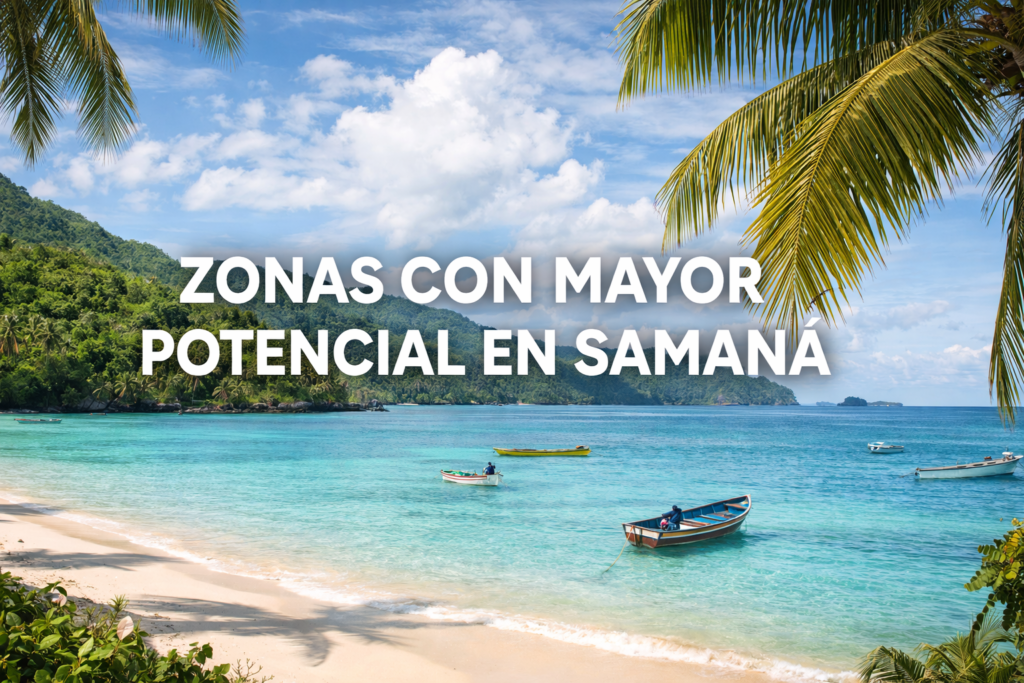In the Dominican Republic, concerns about drinking water have been part of everyday life for decades. Many families continue to rely on water bottles or carafes for cooking, drinking and even washing food. However, with the advancement of technology and the arrival of new residential solutions, water filters have become a practical, safe and increasingly common alternative for those who want to have control over the quality of the water they consume at home.
In this article we will explore whether it is really safe to drink tap water in the DR, what types of water filters exist, which one is suitable according to the type of housing, and how their implementation can benefit your health, the environment and your pocket.

Is tap water safe to drink in the Dominican Republic?
The short answer is: it depends on the area. In many regions of the country, especially in urban areas, the National Institute of Drinking Water and Sewerage (INAPA) treats water to make it suitable for domestic use. However, potability is not always 100% guaranteed once the water passes through old pipes, unmaintained tanks or poorly sealed systems.
In rural or coastal areas such as Las Terrenas, the supply often relies on community aqueducts or wells, where bacteria, sediment and metal levels can vary.
Therefore, although tap water can be used for showering, washing clothes or cleaning, installing water filters becomes a key option to ensure that the liquid you consume is actually drinking water.
What types of water filters are there?
Understanding the different water filters available on the market is the first step in choosing the most suitable system for your needs.
Activated carbon filters
They remove chlorine, sediments, unpleasant odors and tastes. They are effective in improving taste and reducing common chemical impurities.
Advantages:
- Economical and easy to install
- Good performance for daily use
- Ideal for pre-treated water
Disadvantages:
- Do not kill viruses or bacteria
- Require frequent cartridge changes
👉 Recommended for apartments or homes with access to chlorinated water.
Reverse osmosis filters
They work by means of a semi-permeable membrane that removes up to 99% of impurities, including bacteria, heavy metals, nitrates and viruses.
Advantages:
- Produce high purity drinking water
- Suitable for well or untreated source water
- Low energy consumption
Disadvantages:
- Require professional installation
- More expensive than other systems
- Generate some waste water
👉 Recommended for large homes, tourist rentals or areas without centralized water treatment.
UV and ceramic filters
There are also complementary systems that use ultraviolet light or ceramics to eliminate microorganisms.
Advantages:
- Reinforcing existing systems
- Ideal for tropical environments with high humidity
Which filter is more suitable in tropical climates such as the DR?
In hot and humid areas such as Las Terrenas, water filters must be resistant to:
- High temperatures
- Possible bacterial growth in pipes or tanks
- Variations in water pressure
- High levels of minerals and sediments
Therefore, the ideal is to install a filtration system that combines activated carbon with reverse osmosis, or at least with multiple stages, to maintain a constant flow of drinking water and avoid bad odors or contamination on rainy days or low pressure.
Savings and environmental impact
Installing water filters also represents an ecological and financial advantage:
- Reduce consumption of plastic bottles
- You increase the autonomy of your home
- You avoid emissions from bottled water transportation
- You save up to 70% in water consumption costs in the medium term
In addition, it gives you the freedom not to depend on external deliveries or supplies in high seasons or in areas that are difficult to access.
Which system is best for your type of home?
- City apartment: countertop activated carbon filter or faucet.
- House or villa in coastal area: reverse osmosis with sediment prefilter.
- Tourist rental property: reverse osmosis with sediment prefilter.
- Project under construction: embedded system or general bypass from the water inlet.
Conclusion
While tap water in the Dominican Republic may not be completely safe to drink, today there are accessible, safe and climate-adapted options to improve its quality and ensure the well-being of your family. Water filters have become a smart solution for those seeking independence, savings and sustainability without compromising their health.
👉 Are you building your home in Las Terrenas or renovating a property?
Visit the All Project Group SRL home page and discover how we can help you with comprehensive solutions in construction, architecture, permitting and real estate tailored to local conditions.







